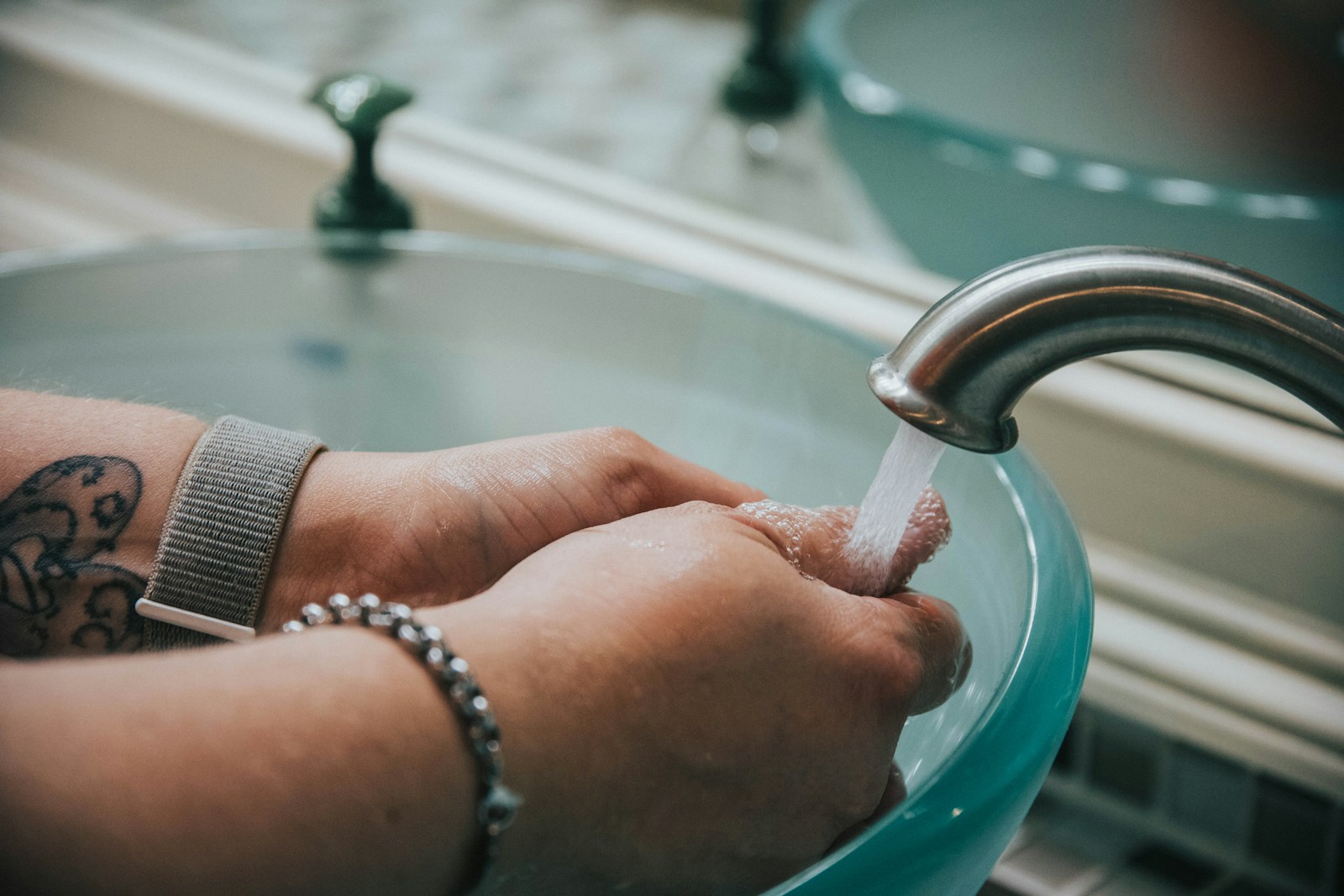
desinfección

disinfection
The Spanish word 'desinfección' translates to 'disinfection' in English. It is derived from the Latin word for 'disinfectionis'. The term describes the process that eliminates many or all pathogenic microorganisms, except bacterial spores, on inanimate objects. In health care settings, objects usually are disinfected by liquid chemicals or wet pasteurization. The term is different from 'sterilization', which is the process of removing or killing all forms of life and other biological agents. 'Desinfección' is an important technique in disease prevention and is widely used in hospitals, laboratories, and at home.
Example sentences using: desinfección
Las escuelas deben seguir estrictas normas de desinfección para prevenir la propagación de enfermedades.

Schools must follow strict disinfection standards to prevent the spread of diseases.
The sentence talks about the need for schools to adhere to stringent disinfection practices in order to curb the proliferation of diseases, thereby ensuring a safe and healthy environment for students.
La desinfección regular de las superficies puede matar bacterias nocivas.

Regular disinfection of surfaces can kill harmful bacteria.
This phrase emphasizes the importance of routinely disinfecting surfaces as a crucial measure for eradicating harmful bacteria, thus ensuring a safer and cleaner environment.
En los hospitales, la desinfección es una parte crucial de las protocolos de seguridad.

In hospitals, disinfection is a crucial part of safety protocols.
This sentence highlights the role of disinfection in maintaining safety standards within a healthcare setup like a hospital. In such contexts, disinfection forms the core of safety protocols aimed at eliminating potential risks of disease transmission.